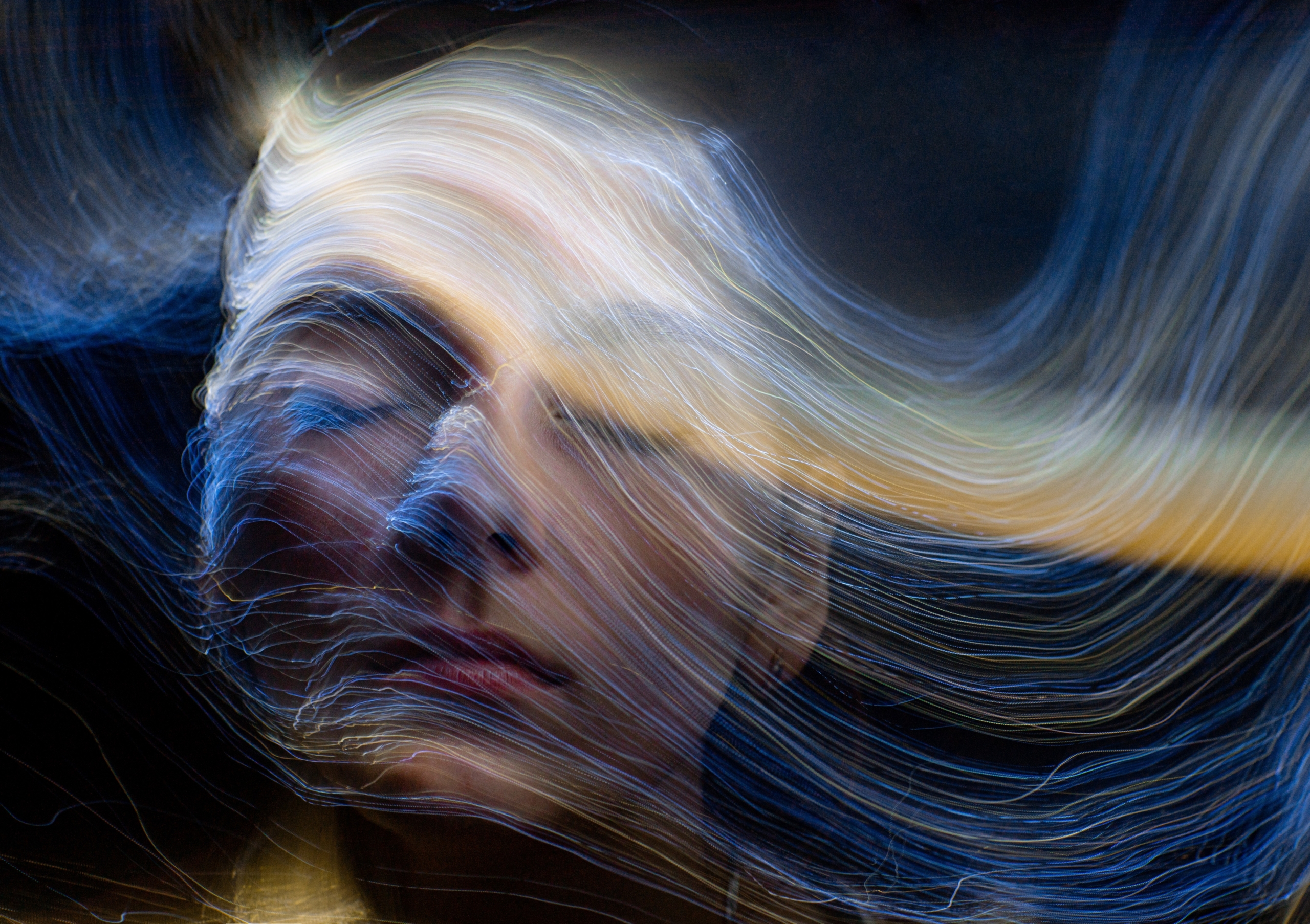IT SEEMS LIKE EVERYONE IS TALKING ABOUT PSYCHEDELICS NOWADAYS!
From Michael Pollan’s renowned book, “How to Change Your Mind,” to a multitude of Netflix documentaries, news articles, TEDx talks, clinical studies and social media dialogues…. the concept of expanding consciousness through psychedelics is undoubtedly experiencing a resurgence.
In the 1960s, many psychedelic substances were criminalised during the era of “the war on drugs,” largely due to recreational misuse by the new-wave generation, leading to negative consequences. This move halted promising therapeutic research, exploring the potential benefits of psychedelics as a complement to psychotherapy.
However, there is a noticeable shift towards recognising the healing properties of these substances once again. The UK, notably Imperial College London, is at the forefront of psychedelic research, spearheading global initiatives in psychedelic neuroscience trials.
WONDERING ABOUT THE LEGAL STATUS OF PSYCHEDELICS IN THE UK?
In the UK, most psychedelics are classified as illegal Class A drugs. Possessing them could lead to penalties, including up to seven years in prison and an unlimited fine.
If you are looking to access psychedelics legally – travelling abroad or participating in clinical trials are your main options, with one exception; ketamine. Ketamine clinics are emerging in the UK, offering ketamine administration, with or without psychotherapy for various mental health conditions. These clinics are supervised by medical professionals and may be accessible with a referral from your GP or psychiatrist (for more information, please read my blog “Working therapeutically and legally with Ketamine”).
WHAT ABOUT TRAVELLING ABROAD?
In some countries, psychedelic substances have been decriminalised, offering the opportunity to attend retreats. The laws surrounding psychedelic use can be complex.
Here are some places where these substances have been decriminalised or are allowed for specific practices:
– Jamaica (psilocybin)
– Brazil (psilocybin)
– The Netherlands (psilocybin)
– USA (ayahuasca, psilocybin – in select states)
– Peru (ayahuasca)
– Ecuador (ayahuasca)
– Mexico (psilocybin, ayahuasca, iboga)
– Canada (iboga)
Iboga, known for its extreme potency as a psychedelic, requires meticulous risk assessment, thorough planning and specialised support prior to consumption. Despite its intensity, iboga has shown promising results in addressing alcohol and drug addiction.
Peru has emerged as a prominent hub for Ayahuasca tourism, attracting a significant number of visitors. However, caution is paramount, particularly for solo female travellers. Regrettably, issues such as greed, exploitation and sexual abuse have become far too common, underscoring the need for vigilance in such settings.
Since 1 July 2023, Australia became the first country to allow psychiatrists to prescribe products containing MDMA or psilocybin for use in psychedelic-assisted psychotherapy to treat specific mental health conditions.
Despite the legalisation of psychedelics in certain countries, the lack of regulation in retreat centres poses risks due to the absence of treatment standards, care protocols and accountability processes.
For now, despite the collective buzz, most people are extremely limited in how they can work with psychedelic substances.
ARE THERE SAFE ALTERNATIVES TO PSYCHEDELICS?
Yes, there are!
Holotropic breathwork, meaning “moving towards wholeness,” emerged in the 1960s through the pioneering work of Stanislav Grof, a Czech psychiatrist integral to transpersonal psychology’s evolution. In response to LSD’s criminalisation, Grof devised this technique employing “circular breathing” – a continuous, rhythmic inhalation and exhalation method. Enhanced by an emotionally resonant playlist, participants can evoke non-ordinary states of consciousness that can mirror a psychedelic experience.
During holotropic breathwork, it is best to work with a trained facilitator who will ensure your safety throughout the process, offering support and containment. Holotropic breathwork is a drug-free and safe practice. If it becomes too intense, you have the option to adjust your breathing and disengage. Search online for locally trained facilitators.
Creating a meditation practice can be a powerful gateway into exploring altered states of consciousness in a safe and grounded manner. One effective approach is through the use of “DMT” meditations, which are available on platforms like YouTube, offering a cost-free way to delve into this realm.
As a committed daily meditator, I can attest to the transformative impact meditation has had on my life and to the non-ordinary states of consciousness I frequently evoke through meditation.
AND FINALLY……….
Whether you are looking to work with altered states of consciousness medicinally or for mystical exploration…. these experiences can provide unterritorial access into the domains of our personal and collective experience, illuminating the boundless possibilities of the human mind.
There is something very exciting, but also potentially terrifying about that. Tread carefully within the world of psychedelics.
PLEASE NOTE: This blog is intended for information only and does not substitute medical advice. I do not advocate the illegal use of substances.

